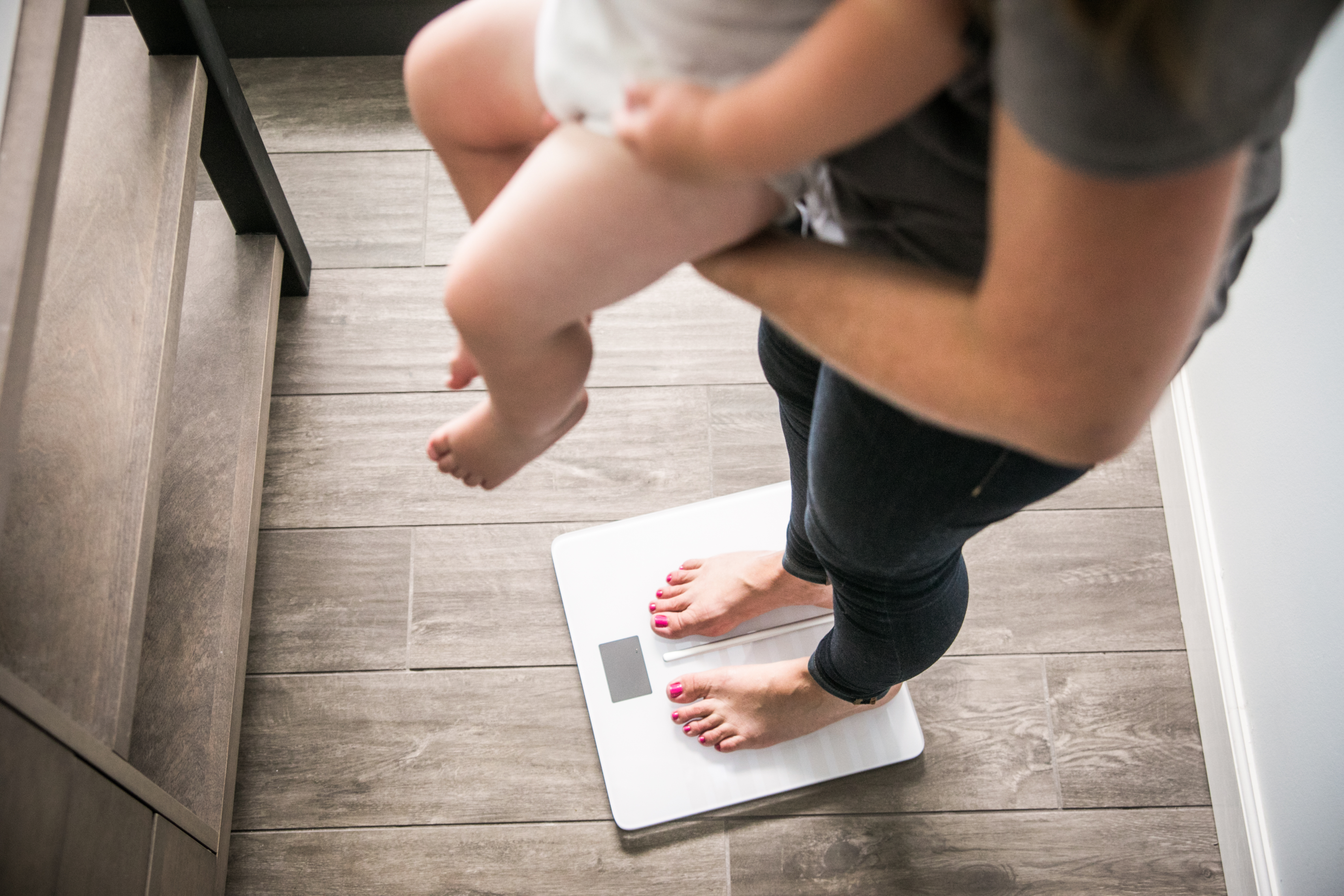Since being re-acquired from Nokia in 2018 by a group including its original founders and some of its original investors, health tech company Withings has been focused on evolving their offering of consumer health hardware to provide medical-grade data that can be shared with, and leveraged by healthcare professionals to deliver better, more personalized care. The company has now raised another $60 million to continue pursuing that goal, a Series B funding round co-led by Glide Healthcare, along with existing Withings investors IDinvest Partners, Bpfrance and BNP Paribas Développement, ODDO BHF and Adelle Capital.
Withings will use the funds to ramp up its MED PRO division, a part of the business formed last year that focuses on the company’s B2B efforts, placing its medical-grade consumer health devices in programs and deployments managed by medical professionals, health institutions, insurance payers, researchers and more.
In an interview, Withings CEO Mathieu Letombe explained that following the re-acquisition of the company, the team set out to “pivot slightly” in regards: First, the company would only focus on medical grade products and services from here on out, something that Letombe said was done at least in part because of how crowded the general ‘wellness’ tech category has become, and in part because players like Apple had really, in their view, made the most of that category with their Apple Watch and other health features.
The second was to shift on their business side to better address the B2B market – primarily due to inbound requests to do so.
“We were getting a lot of requests from the healthcare industry,” Letombe told me. “And by the healthcare industry I mean major healthcare programs, like the diabetes prevention program, the hypertension program. Also hospitals, insurers and Pharma, so we decided to dig into it and we saw the there was a huge demand for medical connected devices from this world.”
According to Letombe, Withings was well-positioned to address this need, and had an advantage over other traditional medical device suppliers for enterprise and industry. The company’s DNA was in building accurate, user-friendly devices to help them keep an eye on their wellbeing at home, and so they put their focus on evolving those products so that the results they provide pass the standards of governing medical device regulatory bodies around the world.
Withings’ special advantage in this pursuit was that it knew very well how to build products that customers want to use, and have opted to pay out of pocket for in the past. Most medical equipment for at-home monitoring that comes from a payer or a healthcare institution hasn’t had to face the challenges and focusing rigor of the consumer technology market, and it’s foisted upon users, not selected by them from a field of choices. Letombe says that this consumer edge is what has helped Withings with its B2B business, and notes that both sides of the market will continue to be of equal importance to the company going forward.
The company had been turning its attention to building out a suite of products, from smart blood pressure monitors, to scales that measure body fat percentage, to contactless thermometers and much more, long before there was any hint of the current COVID-19 pandemic, obviously. But that demand from the healthcare industry has stepped up considerably in the wake of the coronavirus, which has accelerated plans from insurers, care providers and healthcare pros to develop and deploy remote care capabilities and services.
“We also got a ton of requests from a company that wanted to create back-to-work packages, were there was a thermometer or a scale or blood pressure monitor for them to help the employee understand if they are at risk for COVID,” Letombe said, noting that the B2B opportunities the company has seen extend beyond the healthcare industry itself.

Image Credits: Withings
To assist with its new medical B2B focus, Withings has also formed a Medical Advisory Board, which Letombe says they’ve actually been working with for a year but that they’re only announcing publicly alongside this funding. The board includes Mayo Clinic Platform President Dr. John Halamka, former head of Clinical Pharmacology in Hôpital Européen Georges Pompidou Dr. Stéphane Laurent, and former head of Clinical Innovation at Pfizer Craig Lipset – top medical professionals across respected institutions and one of the largest therapeutics companies in the world.
Letombe notes that Withings also has a number of medical physicians and professionals on staff, as well as a psychologist and a physicist, and so they’re involved in building the products themselves throughout their design and creation, rather than just validating their results after the fact.
Withings would seem to be in a great position to address not only the growing need for connected medical monitoring tools, but also to understand exactly what makes those products work for consumers, and become something they actively want to use as part of their lifestyle. This new $60 million round is a vote of confidence in that strategy, and in its ability to become something bigger and still more ambitious.
from Apple – TechCrunch https://ift.tt/2P3WWmA
Comments
Post a Comment